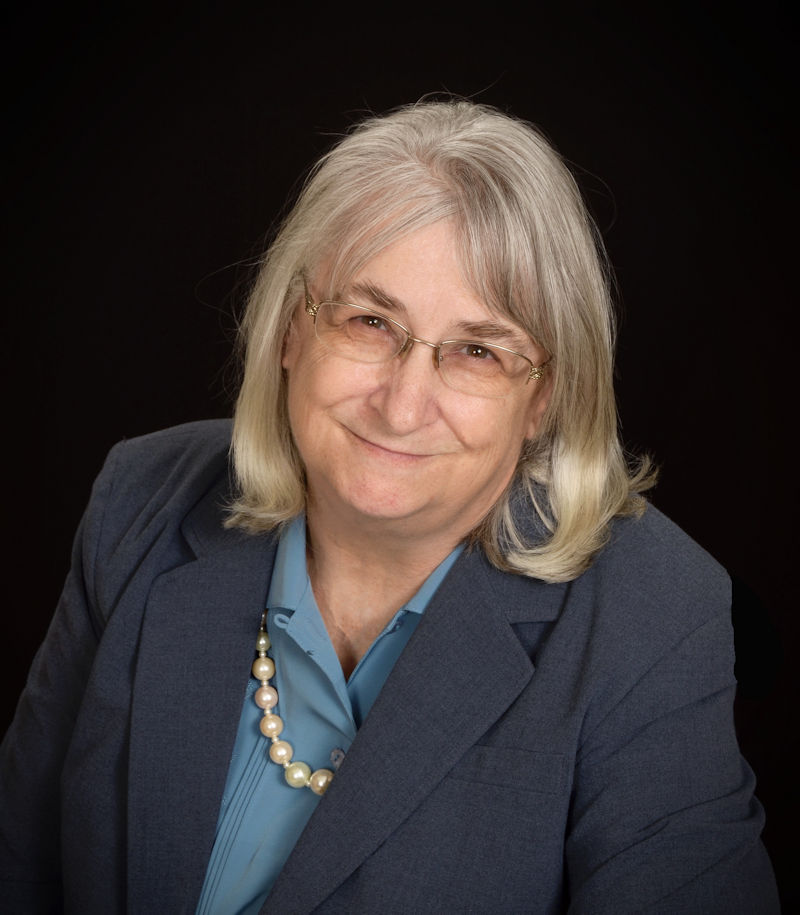Author Interview: Helen Henderson

About the author:
Although the author of several local histories, and numerous articles on the topics of American and military history, antiques and collectibles, Henderson's first love is fiction. Her work in the museum and history fields enables a special insight into creating fantasy worlds. The descendent of a coal-miner's daughter and an aviation flight engineer, her writing reflects the contrasts of her heritage. Her stories cross genres from historical westerns to science fiction and fantasy. In the world of fantasy romance, she is the author of the Dragshi Chronicles and The Windmaster Novels. Her stand-alone novels include the dragon magic fantasy, Fire and Amulet, and the dark fantasy, Imprisoned in Stone.
In her books, she invites readers to join her on travels through the stars, or among fantasy worlds of the imagination.
What inspires you to write romantic fiction?
There is so much wrong with the world, the fantasy allows an escape to another world. The romance provides hope. And I try to offer visits to worlds beyond the stars or among fantasy worlds of the imagination. Of course, there is always the inspiration of strong heroines, handsome heroes, and the chance for happily-ever-after.
Tell us about how you write.
I write in fantasy worlds and in those of past eras or the near future, so a certain amount of research or preparation needs to be done to get the world fixed in my mind. Shorter works, such as novellas, are usually free-written. However, I do like structure for full-length novels and have a set of forms including a scene storyboard, main character sheets, and a spreadsheet for tracking secondary characters. Depending on the complexity of the works I might create a timeline of who is where.
Because I may storyboard some scenes, I have been called a plotter. A note on the storyboarding. For any given scene it can be complete with dialog and transitions ready to drag and drop into the manuscript. If additional scenes are written, I don't go back and re-storyboard. I complete the character forms as the story unfolds, and only as much is needed. I don't fill in a twenty-page form for every character.
Because I also write complete chapters without pre-planning/outlining/storyboarding I've been called a pantser.
I tend to write linearly, but have been known to stub and shorthand where need be to work around a block.
Do you listen to or talk to to your characters?
I don't talk to my characters or have conversations with them. Unless of course they are being interviewed.
But I definitely listen to them. For the first few chapters of a project, I am in control of the story, Or at least I like to tell myself I am. Then the characters come to life and tell me their stories. This is especially true in my two series, the Dragshi Chronicles and the Windmaster Novels. The characters kept coming back to whisper in my ear, "We have more tales to tell." And I finally gave in.
What advice would you give other romance writers?
Advice I usually give at the end of a lecture is, "Don't label yourself as a plotter, pantser explorer, or the process of the day. Don't restrict yourself to one technique. Use whatever writing process works for you at any given time for a particular project. Times change, your skill as a writer will change, and sometimes even a specific project needs a different approach. It's your story to be captured however it will allow itself to be.
How did you decide how to publish your books?
Between my non-fiction histories, the stand-alone books, and the series I've worked with a national publisher, a small (but very vibrant and wonderful to work with) publisher, and also independently published several of the books myself. The decision was made based on what support such as editing or covers I needed, the amount of time and skillset I could commit to the project, and of course the publisher and its stable of authors. While writing can be a solitary process, there are times when having others to help support you can be a tremendous benefit.
What do you think about the future of book publishing?
Coming from a family with generations of voracious readers, my hope for the future of books is that there will always be stories to tell and storytellers to capture them. The digital world has opened up the opportunity to have a book published to authors around the world who might not have been able to afford to do so. It took thirty years for a congregation to make their history available to the public, something they would not have been able to do without word processors, ebook readers, and the means to market worldwide. Regardless of the format, paper or digital, or how it may change, people will always need books.
That said, rapid expansion is not always a good thing. Just because someone writes a book does not mean that they wrote it well and had it professionally prepared. My hope for the future of book publishing is that with the increased access will come increased responsibility to write well.
Which romance sub-genere(s) fit your stories best?
Fantasy
My books are available in the following formats:
eBook, Print

 Author Site
Author Site Amazon
Amazon Smashwords
Smashwords GoodReads
GoodReads Facebook
Facebook Twitter
Twitter Pinterest
Pinterest